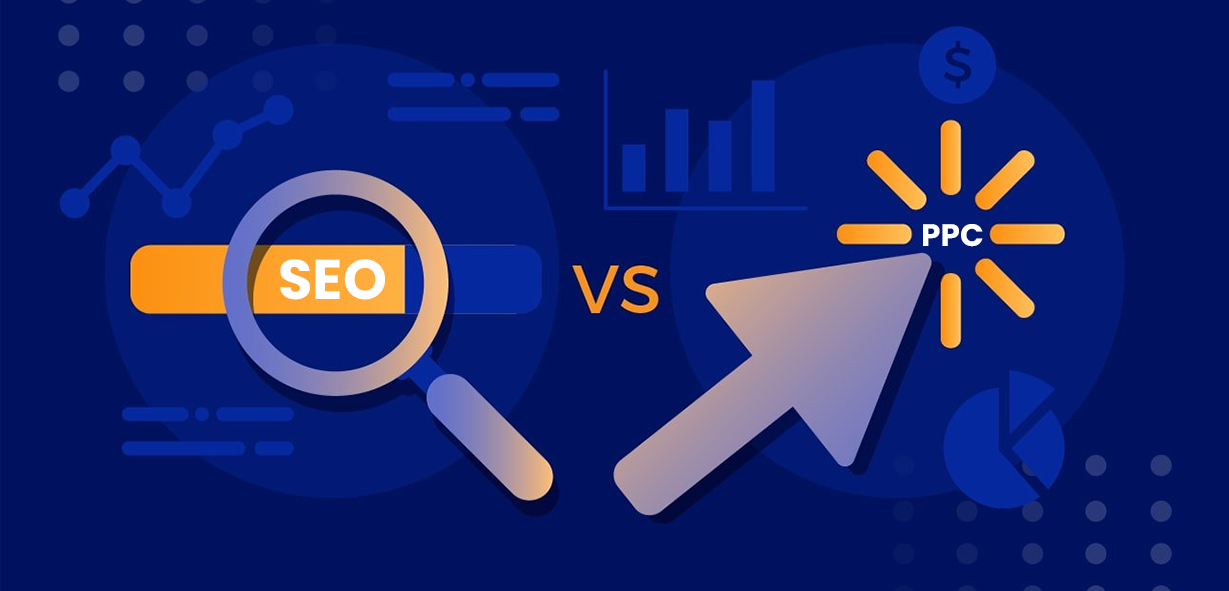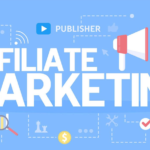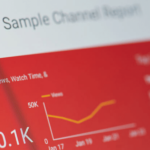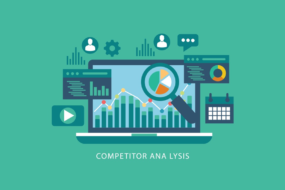
SEO (search engine optimization) and PPC (pay-per-click) are two different digital marketing strategies used to increase website traffic and visibility. While both strategies aim to improve the online presence of a website, they use different approaches and have distinct advantages and disadvantages.
SEO
SEO is the process of optimizing a website and its content to rank higher in search engine results pages (SERPs) for specific keywords and phrases. It involves a combination of technical optimizations, on-page optimizations, and off-page optimizations. The goal of SEO is to increase organic (non-paid) traffic to a website by improving its visibility in search engine results pages.
Advantages of SEO:
- starts ranking high in the SERPs, it can continue to generate traffic and leads for a long time.
- Cost-effective: Organic search results are free, so SEO is a cost-effective way to generate traffic and leads.
- Credibility: High organic rankings can build trust and credibility with users, as they see the website as an authority in its industry or niche.
Disadvantages of SEO:
- Takes time: SEO is a long-term strategy and can take months to produce results.
- Competitive: SEO is highly competitive, and it can be difficult to outrank established websites in competitive industries.
- Requires ongoing effort: SEO is not a one-time effort. It requires ongoing updates and maintenance to maintain rankings and visibility.
PPC
PPC is a form of digital advertising in which advertisers pay for each click on their ads. PPC ads are displayed on search engine results pages (SERPs) or on other websites and social media platforms. The goal of PPC is to generate targeted traffic to a website by appearing at the top of search results for specific keywords and phrases.
Advantages of PPC:
- Immediate results: PPC can produce immediate results, with ads appearing at the top of search results within minutes of launching a campaign.
- Targeted: PPC allows advertisers to target specific keywords and phrases, as well as demographics, interests, and behaviors.
- Measurable: PPC provides detailed metrics that allow advertisers to track the effectiveness of their campaigns and optimize for better performance.
Disadvantages of PPC:
- Cost: PPC can be expensive, with the cost per click (CPC) varying based on competition for the targeted keywords and phrases.
- Requires ongoing effort: PPC campaigns require ongoing optimization to maintain performance and stay ahead of competitors.
- Limited credibility: PPC ads are seen as ads and may not have the same level of credibility as organic search results.
Conclusion
SEO and PPC are both valuable digital marketing strategies that can drive traffic and leads to a website. The best approach depends on the specific goals and needs of the business, as well as the competition and budget. SEO is a long-term strategy that requires ongoing effort but can provide sustainable results, while PPC can produce immediate results but requires ongoing optimization and investment. A combination of both strategies may be the most effective approach for many businesses.








